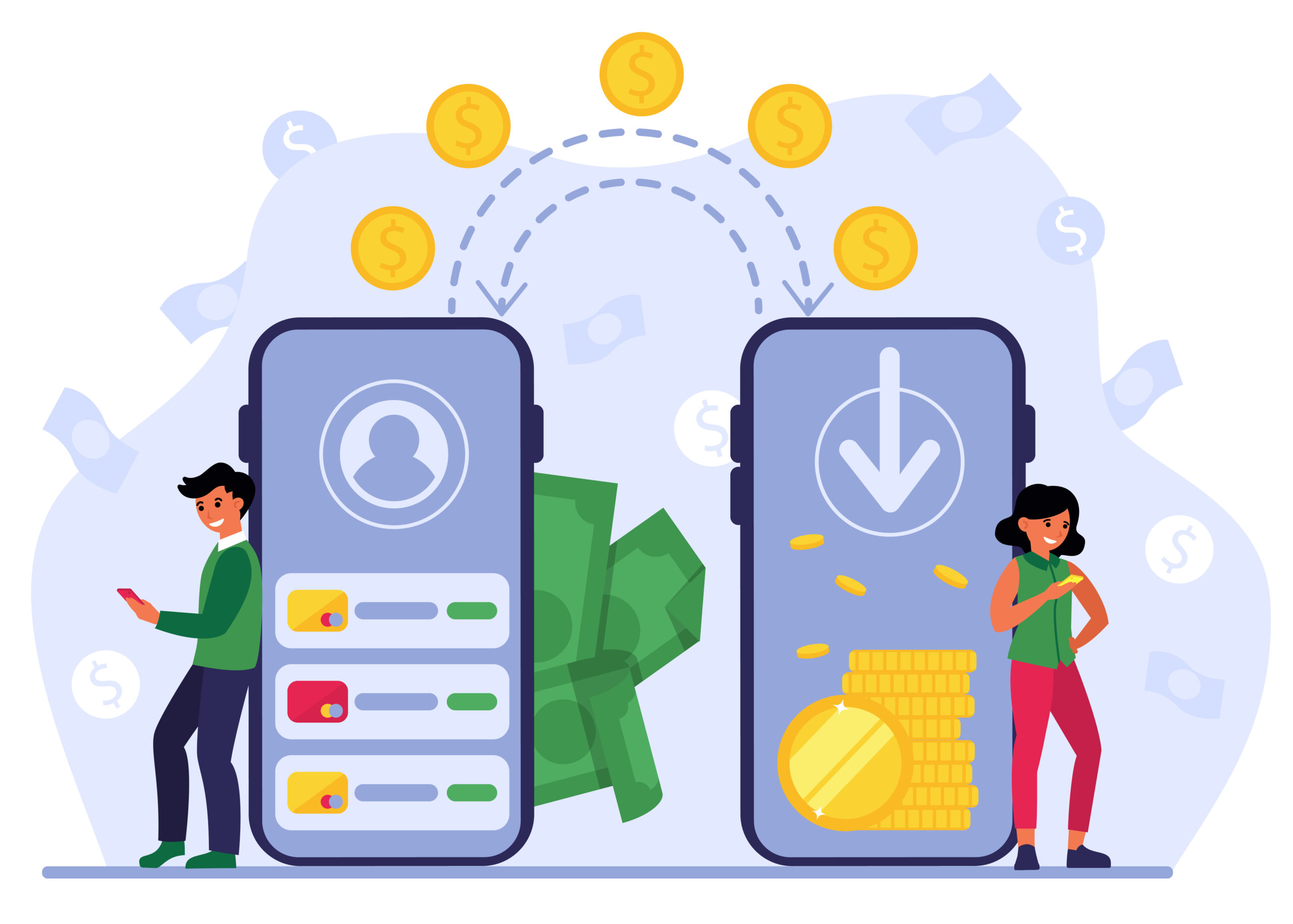Asset tokenization is a revolutionary concept within blockchain technology. It is an innovative process that transforms traditional assets into digital tokens, enabling fractional ownership.
Tokenization can turn assets either real or virtual into a digital token that enables a digital transfer of ownership and storage without the need of a third party or central authority. Tokenization is changing the ownership dynamics, by converting assets into digital tokens on a blockchain where ownership becomes divisible and shielded by the blockchain technology. Asset tokenization allows fractional ownership, making high-value assets more accessible.
What assets can be tokenized?
- Real Estate- Asset tokenization allows for the fractional ownership of the properties, reducing the entry barriers of traditional market.
- Art and Collectibles- Tokenization can be used for valuable art pieces and collectibles allowing fractional ownership. This can open new investment opportunities for artists.
- Stocks, Bonds and other financial instruments- Tokenization can be used for stocks, bonds and other financial instruments that can be easily traded and managed on the blockchain. This can make trading process easy and efficient.
- Intellectual property- Intellectual property includes patents, trademarks and copyrights that can be tokenized on the blockchain and can improve the management of intellectual property assets.
- Private Equity- Tokenization allows investors to buy and sell fractional ownership of private companies. This can create a new opportunity for investors.
- Commodities- Commodities such as gold, silver can be tokenized and creates digital representation on blockchain. This can provide an alternative to physical ownership.
- Currencies- Both fiat and cryptocurrencies can be tokenized to create stablecoins and provide a stable form of value in the volatile world of cryptocurrencies.
Benefits of Asset Tokenization
- Liquidity- Asset tokenization enhanced liquidity where it will be easy for buyers and sellers to know about each other and the services they offer.
- Accessibility- Asset tokenization on blockchain allows fragmentation of assets in the form of tokens this opens doors for different investors.
- Transparency- Tokenization of assets gives you an idea of whom you are dealing with this adds transparency to the whole process.
- No Intermediaries-Smart contracts reduce the need for intermediaries which facilitates faster transactions.
- Cost reduction- As it does not require intermediaries that reduce the cost of the contract.
Fungible Tokens
Fungible tokens are interchangeable with other assets of same category.
In fungible tokens valuable assets such as artwork, collectibles cannot be effectively divided and required to keep track of the ownership which needs non-fungible tokens to represent.
Non-Fungible Tokens(NFT)
NFT is a digital asset or token that is unique and not interchangeable with another digital token.NFT can be used to record ownership of virtually any digital item.NFTs have revolutionized the art world. Ethereum has a wide range of NFTs. NFTs make it possible to produce a limited number of tokens with individual identities. They are based on uniqueness. No one can interchange NFTs representing two different artworks. Each NFT has a record of transactions from when it was created including sold and resold. They can be easily traceable. NFTs cannot be divisible they cannot be split into smaller denominations. Like all the digital assets built on smart contract blockchain. NFTs are fully programmable.
NFT Use Cases
1. Art and Collectibles- Many artists use NFTs to sell their digital creations as unique. The creator of digital assets can tokenize their asset using blockchain platform to create a unique token associated with the asset.
Platforms like OpenSea support marketplaces for tokenized digital collectibles.
2. Borrow Money- NFTs can represent debt. A loan agreement can be tokenized as an NFT.
3. Gaming- NFTs are getting significant growth in the gaming industry. Players can own digital items which are stored on the blockchain. Decentraland is a platform where players can buy, sell and trade assets.
4. Social Tokens- Social tokens are released by content creators, celebrities and influencers as a way to reward their fans and followers. These tokens can be used to purchase exclusive content and special access event.
5. Donations- It’s difficult to track where charitable donations go after they are given. It can be used to show how donation was used.
Related: How Blockchain Revolutionizes the Supply Chain Management?
Conclusion
From metals to licences the world gets tokenized. Tokenization converts the value stored in tangible or intangible assets into a token through blockchain technology. Tokenization will bring transparency, liquidity and efficiency to the investment landscape with digital tokens transactions become seamless,secure and faster.

